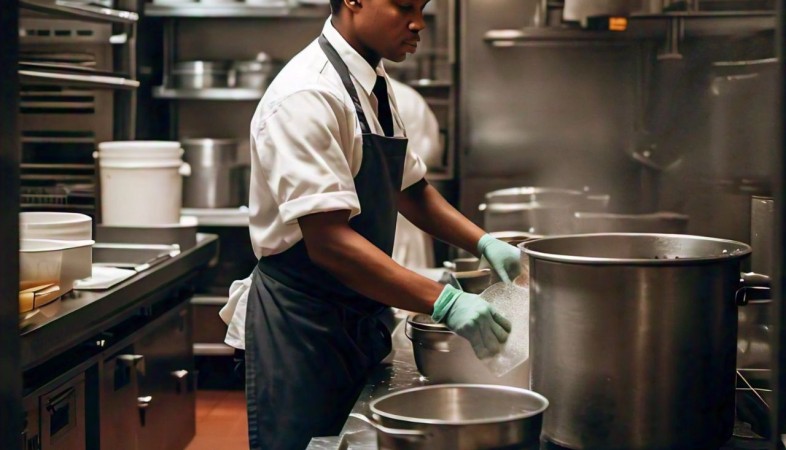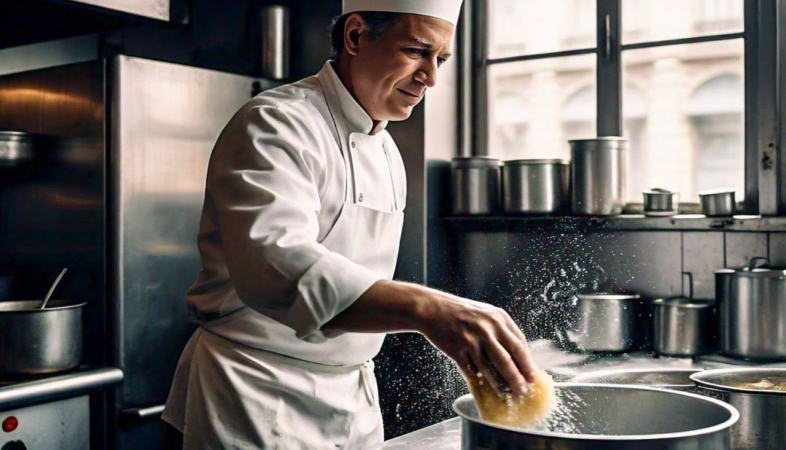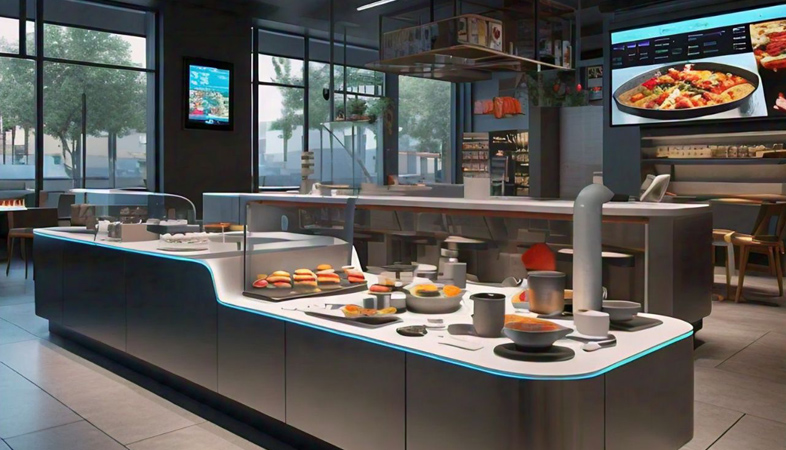Sustainable Sips: Eco-Friendly Practices in Beverage Presentation and Service
Education and awareness play a crucial role in promoting sustainability in beverage service.
In today's environmentally conscious world, sustainability
is no longer just a trend but a necessity. As consumers become increasingly
aware of the impact of their choices on the planet, businesses in the
hospitality industry, including bars and restaurants, are embracing
eco-friendly practices in beverage presentation and service. From sourcing
ingredients responsibly to minimizing waste, sustainable sipping is becoming a
key focus for establishments looking to reduce their environmental footprint
while still delivering exceptional experiences to their patrons.
One of the primary areas where sustainability is making waves in beverage service is in the sourcing of ingredients. Many bars and restaurants are opting for locally sourced, organic, and fair-trade ingredients for their cocktails and beverages. By sourcing ingredients from local farmers and producers, establishments can reduce their carbon footprint associated with transportation while supporting local economies and promoting biodiversity. Additionally, choosing organic and fair-trade ingredients ensures that producers are paid fairly and that harmful pesticides and chemicals are kept out of the environment.
Innovations in packaging are also driving sustainability in beverage service. Single-use plastic straws and stirrers, once ubiquitous in bars and restaurants, are being replaced with eco-friendly alternatives such as paper straws, bamboo stirrers, and reusable metal straws. Some establishments have even eliminated straws altogether, opting for "strawless" options or providing biodegradable alternatives only upon request. Similarly, disposable cups and cocktail napkins are being replaced with compostable or reusable options, reducing waste and minimizing environmental impact.
Efforts to minimize waste extend beyond packaging to the utilization of ingredients themselves. Bartenders and mixologists are finding creative ways to repurpose kitchen scraps and leftover ingredients to create innovative cocktails and infusions. Fruit peels, herb stems, and citrus rinds that would typically be discarded are being transformed into syrups, garnishes, and flavorings, reducing food waste and adding unique flavors to beverages. By adopting a "zero-waste" mindset, bars and restaurants can minimize their environmental impact while also reducing costs associated with purchasing and disposing of ingredients.
Energy and water conservation are also integral components of sustainable beverage service. Bars and restaurants are investing in energy-efficient equipment such as refrigerators, ice machines, and dishwashers to reduce energy consumption and lower utility costs. Additionally, water-saving measures such as installing low-flow faucets and using water filtration systems help minimize water usage and wastewater production. By adopting these practices, establishments can not only reduce their environmental footprint but also save money in the long run through lower utility bills and operational costs.
Education and awareness play a crucial role in promoting sustainability in beverage service. Many bars and restaurants are educating staff and patrons about the importance of sustainability and the steps they are taking to reduce their environmental impact. Training programs for bartenders and servers focus on sustainable practices such as responsible sourcing, waste reduction, and energy conservation, empowering staff to make informed choices and engage with customers on sustainability initiatives. Additionally, signage and communication materials inform patrons about the establishment's commitment to sustainability and encourage them to participate in eco-friendly practices.
Sustainable sipping is more than just a passing trend—it's a fundamental shift in the way bars and restaurants approach beverage service. By embracing eco-friendly practices such as responsible sourcing, innovative packaging, waste reduction, and energy conservation, establishments can minimize their environmental footprint while still delivering exceptional experiences to their patrons. As consumers increasingly prioritize sustainability in their purchasing decisions, bars and restaurants that prioritize sustainability are well-positioned to attract and retain customers while making a positive impact on the planet.
.png)





























